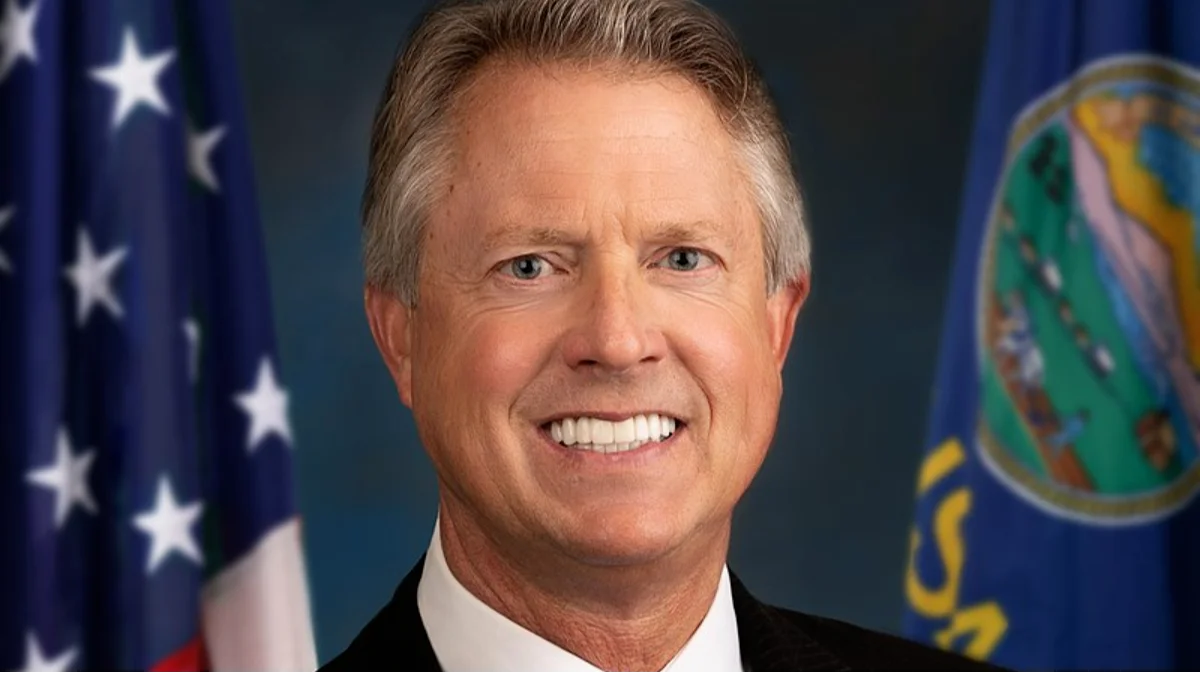Senator Roger Marshall, US Senator for Kansas | Official U.S. House headshot
Senator Roger Marshall, US Senator for Kansas | Official U.S. House headshot
U.S. Senators Roger Marshall and Dick Durbin have issued a statement following the Department of Justice's (DOJ) recent lawsuit against Visa. The DOJ alleges that Visa maintains a monopoly over debit network markets through anticompetitive practices, which violate federal antitrust law.
"According to the DOJ’s lawsuit, Visa made exclusive agreements to hinder the expansion of competing networks and blocked efforts by technology companies to enter the market. At a time when hard-working Americans and small business owners are struggling with higher costs of everyday essentials, Visa should not be gaming the system to pad their own pockets," said Marshall and Durbin.
The senators highlighted that Visa and Mastercard dominate the credit card market as well. They proposed that passing their bipartisan Credit Card Competition Act would increase competition between credit card networks, ultimately reducing costs for small businesses and consumers. "Our bill ensures that the Visa-Mastercard duopoly ends their price gouging tactics that disproportionately hurt American families and small businesses," they added.
In 2023, businesses paid more than $100 billion in swipe fees on Visa and Mastercard branded cards. Swipe fees are often the second highest cost for small businesses after labor.
The Credit Card Competition Act of 2023 aims to enhance competition and choice in the credit card network market. It builds on debit card competition reforms enacted by Congress in 2010. The bill directs the Federal Reserve to ensure that large credit card-issuing banks offer at least two network choices for processing electronic credit transactions. The legislation is estimated to save merchants and consumers $15 billion annually.
Visa and Mastercard hold significant market power in credit cards, accounting for nearly 576 million cards or about 83 percent of general-purpose credit cards according to the Federal Reserve. Their market power allows them to impose some of the world's highest fees on U.S. merchants, including interchange fees paid to issuing banks and network fees paid directly to Visa and Mastercard. Consumers end up bearing these costs through higher prices for goods and services.
###



 Alerts Sign-up
Alerts Sign-up